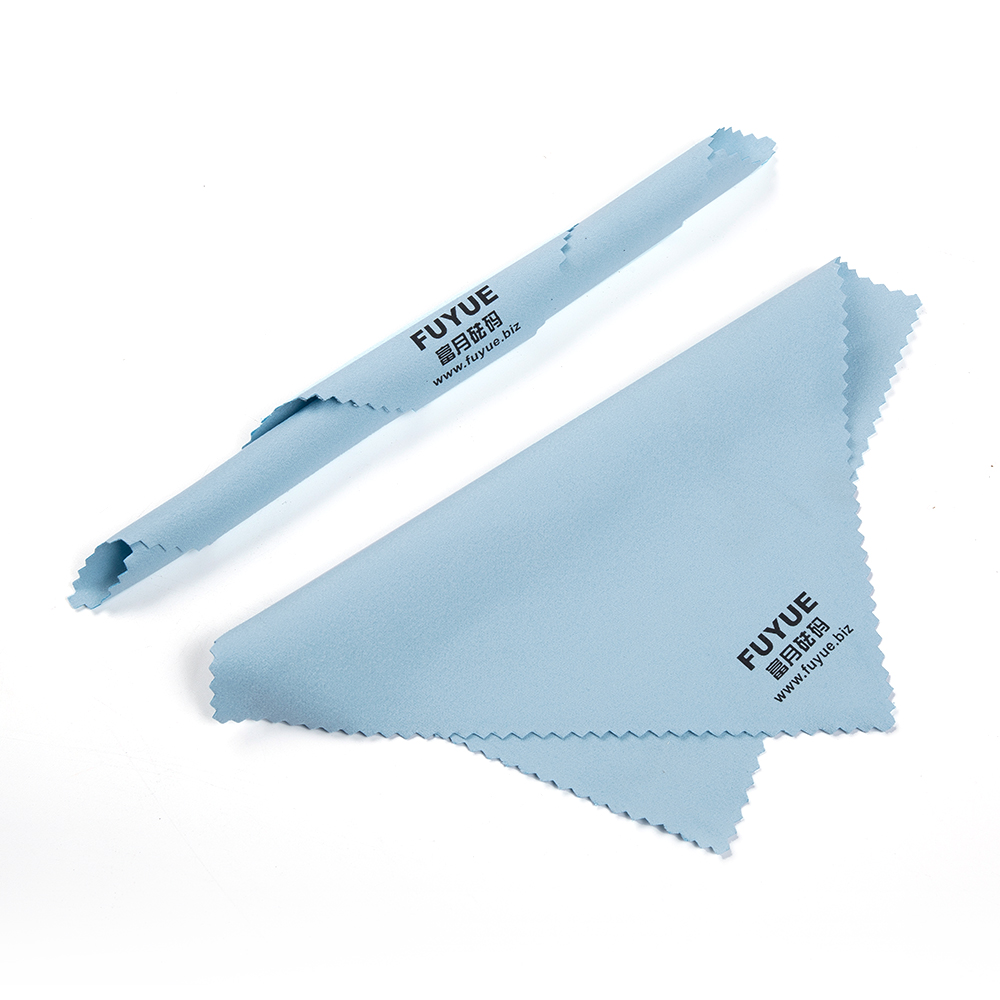In the fields of industrial manufacturing, laboratory testing, trade settlement, etc., the accuracy and stability of weighing equipment are crucial. In order to ensure the reliability of the measurement results of electronic scales, balances and other weighing equipment, they must be calibrated regularly with test weights. However, in actual operation, relying solely on test weights is not enough to achieve a high-precision and safe calibration process. Therefore, Accessory for Test Weights has become an indispensable and important part of ensuring the quality of calibration.
1. Main types of test weights accessories
Common test weights accessories include:
Anti-static tweezers and clamps: used to accurately clamp high-precision weights to avoid contamination or displacement errors caused by direct contact with fingers.
Weight storage box/rack: a protective storage device designed for weights of different grades to prevent dust intrusion, collision damage and oxidation corrosion.
Gloves and finger cots: when operating high-precision weights such as E1/E2, prevent grease and sweat from adhering to affect quality stability.
Cleaning tool set: such as dust-free cloth, soft brush, alcohol cotton pad, etc., for daily maintenance and decontamination.
Transporter and lifting platform: suitable for safe handling of large mass F1/F2 grade and above weights, reducing the risk of manual operation.
2. The key role of improving calibration accuracy
In the field of high-precision weighing, especially in analytical balances or micro-weighing systems, any slight mass change may affect the final result. The use of special tweezers or clamps can effectively avoid the surface contamination of the weights caused by the adhesion of hand oil and sweat, thereby ensuring that their standard mass values are not affected. In addition, equipped with special cleaning tools, dust or particles adsorbed on the surface of the weights can be regularly removed to further improve the consistency and repeatability of measurements.

For laboratories or metrology institutions, the use of standardized weight accessories not only helps to establish standardized operating procedures, but also meets international certification requirements such as ISO/IEC 17025, and improves the credibility and compliance of experimental data.
3. Enhance operational safety and work efficiency
In calibration work involving large mass weights (such as 5kg, 10kg, 20kg or even larger), manual handling poses a major safety hazard. At this time, the use of special transport vehicles and lifting platforms can not only reduce labor intensity, but also prevent weight damage and personal injury risks caused by slipping or collision. At the same time, a reasonable weight placement structure can also help to quickly identify and use, and improve work efficiency.
In addition, a professional weight storage environment can effectively isolate moisture, dust and temperature fluctuations, extend the service life of weights, and reduce quality deviations caused by environmental factors.
4. Adapt to multi-industry application scenarios
Different industries have different demands for weights and their accessories:
In the pharmaceutical and food industries, emphasis is placed on hygiene and cleanliness, and disposable finger sleeves and disinfection and cleaning tools are required;
In industrial sites, emphasis is placed on durability and safety, and stainless steel clamps and shockproof storage boxes are preferred;
In scientific research laboratories, the pursuit of extreme precision is usually equipped with E1/E2-level special tweezers and constant temperature and humidity storage cabinets.
With the development of intelligent manufacturing and digital management, some high-end weight accessories have also integrated RFID tag recognition, automatic inventory systems and other functions to achieve intelligent management and traceability of weight assets.
Accessory for Test Weights is not only an auxiliary tool for test weights, but also an important guarantee for ensuring the accuracy, safety and efficiency of weighing calibration. By properly selecting and using related accessories, enterprises and institutions can achieve higher standards of quality control in various weighing applications and improve the overall operation level and professional image. In the future, with the development of precision manufacturing and intelligent technology, Test Weights accessories will continue to evolve in a more efficient, intelligent and environmentally friendly direction.

 English
English















